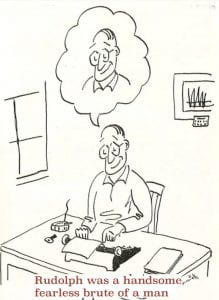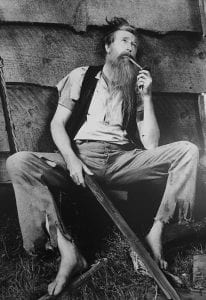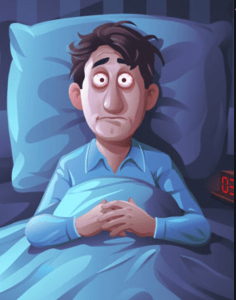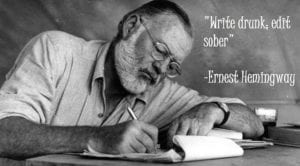My new thriller leans upon a short video presented by Apple when they launched the MacIntosh computer. The concept is far from new, but dramatic in presenting Big Brother in black and white, then shattering the conformity when an athlete hurls a hammer into the screen. Let’s take a minute to view this:
Big Brother is a fictional character and symbol in George Orwell‘s dystopian 1949 novel Nineteen Eighty-Four. He is ostensibly the leader of Oceania, a totalitarian state wherein the ruling party, Ingsoc, wields total power “for its own sake” over the inhabitants. In the society that Orwell describes, every citizen is under constant surveillance by the authorities. In modern culture, the term “Big Brother” has entered the lexicon as a synonym for abuse of government power, particularly in respect to civil liberties, often specifically related to mass surveillance. (source: Wikipedia). In my new novel, a group of talented underwater experts plan to turn the tide on a contemporary Big Brother through the most audacious heist ever.

 Motive is the glue that holds a thriller together, and keeps the plot racing to its conclusion.
Motive is the glue that holds a thriller together, and keeps the plot racing to its conclusion.
 How does an author find their characters? Here’s a clue—look around you when out and about, at the cafe or while shopping. Everyone you meet and everyone you see has the potential to be a character in your novel! I have used friends and even people sitting opposite me on a train (well, their shoes got into a novel). You can have fun when writing to invent a character who is a blend of a few people. Take someone’s nickname, another’s hairdo. Add a dress from a shop window, and a handbag from a google search. Next, add some details—a hook nose, bald head, unshaven, tattooed, limping, sunken eyes, etc. In my new novel, one of my characters wears lots of yellow. This may not seem significant, but it does later in the book when Sir Christopher Jenson (based a someone close to me) discovers a woman wearing yellow who is cuddling up to another character who has just lost his wife in a skiing accident. Yellow connects these two women for the reader and…I can’t tell you what happens!
How does an author find their characters? Here’s a clue—look around you when out and about, at the cafe or while shopping. Everyone you meet and everyone you see has the potential to be a character in your novel! I have used friends and even people sitting opposite me on a train (well, their shoes got into a novel). You can have fun when writing to invent a character who is a blend of a few people. Take someone’s nickname, another’s hairdo. Add a dress from a shop window, and a handbag from a google search. Next, add some details—a hook nose, bald head, unshaven, tattooed, limping, sunken eyes, etc. In my new novel, one of my characters wears lots of yellow. This may not seem significant, but it does later in the book when Sir Christopher Jenson (based a someone close to me) discovers a woman wearing yellow who is cuddling up to another character who has just lost his wife in a skiing accident. Yellow connects these two women for the reader and…I can’t tell you what happens! Looking for inspiration for my next novel. Hmm, something’s in the pipeline already!
Looking for inspiration for my next novel. Hmm, something’s in the pipeline already! The other night I could not get to sleep and tossed and turned, mulling over my second full edit. I realized that I had made a minor continuity error and had to get up to fix it. Phew!
The other night I could not get to sleep and tossed and turned, mulling over my second full edit. I realized that I had made a minor continuity error and had to get up to fix it. Phew!